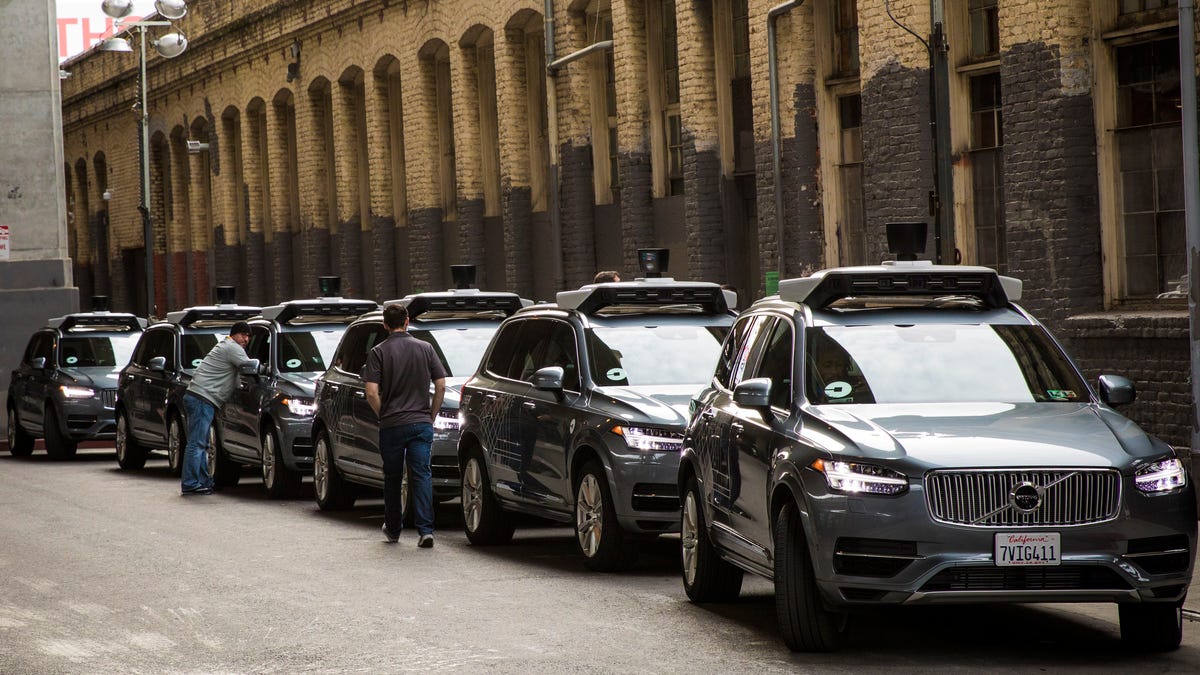US judge bars Uber's Anthony Levandowski from working on lidar
Levandowski already recused himself from such work, but an Uber engineer testified that he was still talking to team members.

The latest news coming from the Uber v. Waymo hearing focuses on the personality at the center of the lawsuit and his work for both tech companies.
A US judge ordered Anthony Levandowski, a former Google engineer working for Uber , to step away from any and all autonomous-car development involving lidar, CNBC reports. Uber will be allowed to continue developing its self-driving technology, but Levandowski won't be allowed to participate in it.
Waymo's lawsuit against Uber may appear to be based on self-driving car development, but it's really about Levandowski. The Google spinoff alleges that Levandowski stole confidential trade secrets related to autonomous-car technology before leaving to form Otto, a self-driving startup that Uber later acquired. It's believed that these stolen secrets helped Uber develop its own self-driving tech, an endeavor it began some nine years after Waymo.
Anthony Levandowski speaks to members of the press during the launch of the pilot model of the Uber self-driving car in 2016.
In late April, Levandowski announced that he would step down as the head of Uber's autonomy program and recuse himself from all lidar-related work. However, an Uber engineer testified that Levandowski was still talking to the new boss on a daily basis. While the announcement predates the injunction handed down this week, there are now serious consequences if Levandowski chooses to go against his word.
"We are pleased with the court's ruling that Uber can continue building and utilizing all of its self-driving technology, including our innovation around lidar," an Uber spokesperson said in an emailed statement. "We look forward to moving toward trial and continuing to demonstrate that our technology has been built independently from the ground up."
Lidar is one system that many companies believe is vital to the future of self-driving cars . Lidar uses laser light to map areas around the emitter, creating a digital representation of the world around it. If you've ever seen a self-driving car with a large can on its roof, that's the lidar system. That look might soon change, though, as Velodyne has developed a lidar emitter that no longer requires spinning components, although there are a few downsides.
Despite the legal battle, Waymo is moving full speed ahead with its own self-driving-car development. The company recently inked a deal with Lyft, Uber's chief ride-hailing competitor, that will see the two companies working together on autonomous vehicles, although details are scant at the moment.

